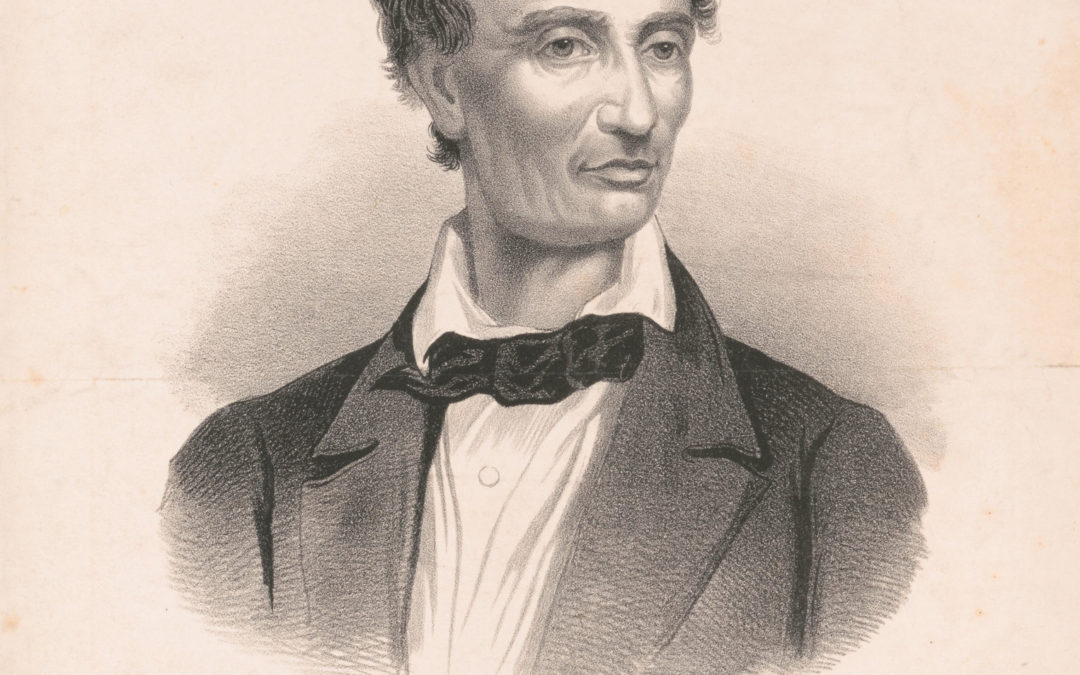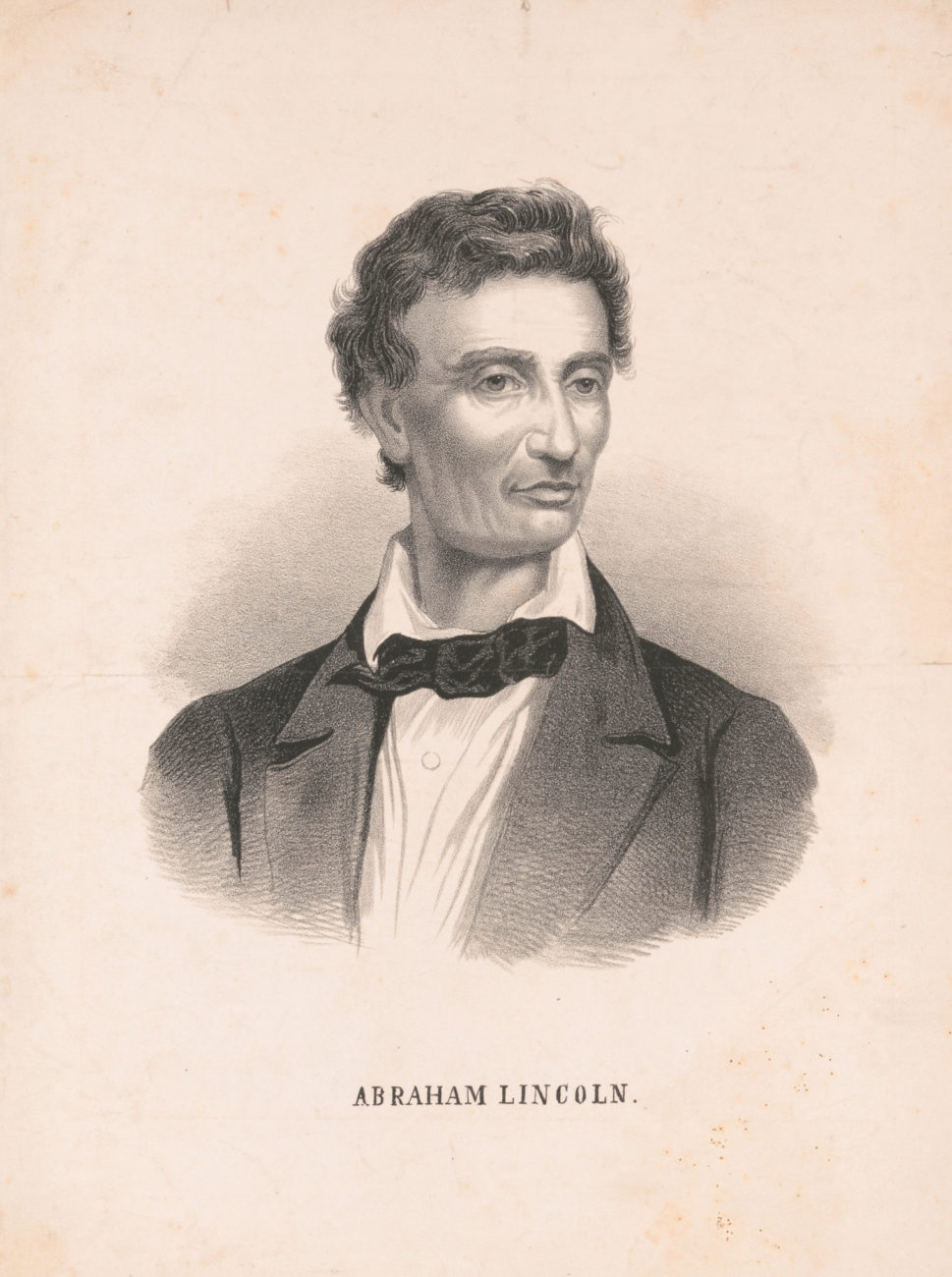Political prudence isn’t in vogue, but it should be.
A quarter-century later, as Lincoln prepared a bold stroke that helped define his own legacy — the Emancipation Proclamation — his annual message to Congress spoke of historical circumstances more grandly: “We shall nobly save, or meanly lose, the last best hope of earth.”
Those poles of Lincoln’s politics — modesty in ordinary times and boldness when required — illustrate the essence of prudence. The gateway to prudence is accurately gauging the character of one’s moment in history. That should be a topic of debate in 2020. Both sides can agree that Mr. Trump is a political anomaly; the question that can distinguish Democrats and Republicans is whether the nation’s situation requires anomalous measures. To justify his leadership style, Mr. Trump’s partisans must establish that his actions are prudent because a pivotal period in history demands them. The sharpest contrast to that view would be a call for normalcy fitted to normal times.
Yet for all the polarization in our politics, Mr. Trump and many of his Democratic challengers agree on the core claim that we live in the throes of a historical crisis. They concur that economic dislocation has ravaged the middle class: many of them might have uttered Mr. Trump’s inaugural proclamation of “American carnage.” All speak of constitutional crises — Mr. Trump of the excesses of the administrative state, Democrats of his violations of longstanding norms.
But the erosion of the middle class is not an acute ailment: It is a gradual, nearly half-century phenomenon that is susceptible only to gradual solutions as well. As for the supposed collapse of American government promulgated by the bureaucracy, the truth is much less dramatic: The administrative state is the product of an eight-decade consensus dating to the New Deal, not an emergent calamity. It can be unwound, but 80 years of practice will not yield to sudden solutions.
The quadrennial inflation of political problems to catastrophic status is a form of historical narcissism, according to which the era in which we live is always grave, earth-shattering, consequential. This raises Lincoln’s question: Who benefits from the claim that these are end times for the republic? The answer is messianic politicians, especially presidents, to whom we give additional power to rescue us. It is therefore no surprise that those who seek the office tend to speak in grandiose terms.
Barack Obama, accepting the Democratic nomination in 2008, proclaimed “one of those defining moments” requiring “a new politics for a new time.” Four years later, Mitt Romney said the 2012 election would “shape great things, historic things, and those things will determine the most intimate and important aspects of every American life and every American family.”
In 2016, Mr. Trump’s supporters said his outsized style was necessary to “drain the swamp” and reorder American politics. On the substance, there has been less reordering or disaster than either his defenders or critics are willing to concede. Wage growth at the bottom half of the economy is climbing, as it has been since roughly Mr. Obama’s second term. The number of troops deployed overseas, an index of conflict, has been declining since 2010.
Voters might reasonably credit Mr. Trump with accelerating those trends, just as they might reasonably dislike his approaches to doing so. But the inflated, world-historical narrative that surrounds both his adversaries and him obscures what might be clarifying differences in the 2020 campaign. If the contest is about who can most shrilly characterize the nation’s condition as opposed to whose politics are best suited to the actual needs of the moment, the candidates will be difficult to distinguish. The sole question will be which extravagant leader we need.
Because it can draw sharp distinctions between candidates, prudence can be a political asset. Yet American politics has comprehensively rejected prudence. Historical rankings of presidents routinely lionize leaders who presided over emergencies, a dynamic that, as Lincoln predicted in 1838, generates a constant demand for and corresponding supply of emergencies. These rankings inevitably consign to oblivion presidents who simply governed according to the circumstances of their times.
Similarly, cable news stations attract more viewers with the breathless chyron “breaking news” than they would with one reading “keep this in perspective.” For their part, voters have an endless appetite for transformative change that leaders, obsessed with their legacies, are eager to sate. The White House hopeful who promises simply to govern is doomed. Instead, the formula for presidential success is change divided by time: The president who alters the nation’s politics the most in the shortest period ranks the highest.
Prudence would question whether a given moment requires transformation or mere governance — whether we are actually hurtling toward the abyss or whether these are more commonplace times. As that inquiry, and Lincoln’s career, demonstrate, prudence does not demand Pollyannas. In genuine emergencies, boldness is prudent. But most political problems, including serious ones, fall short of tragic dimensions. In these situations, prudence counsels moderation.
Before claiming instead that every election revolves around a crisis, political leaders should embrace what Edmund Burke called “a moral rather than a complexional timidity.” Voters ought to share Lincoln’s skepticism of the rhetoric of catastrophe. That would be a prudent response to our grandiose politics and the grandiose politicians who peddle it.


